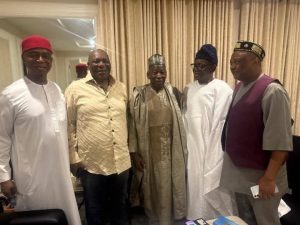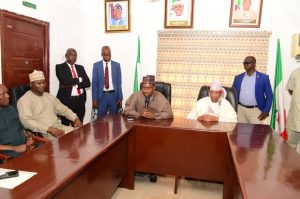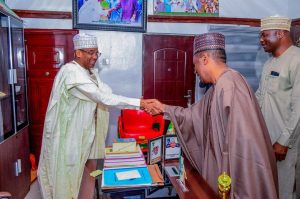News
Top 5 African countries with the highest alcohol consumption
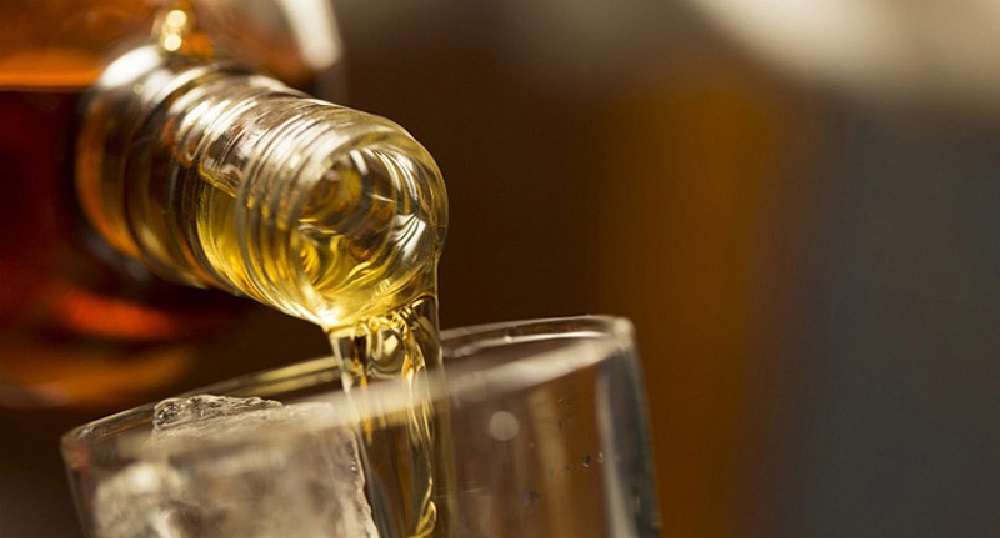
Alcohol consumption varies across Africa due to differences in culture, social habits, and economic conditions. Some countries consume very little alcohol because of religious or cultural restrictions, while others have some of the highest consumption rates in the world.
In 2019, the World Health Organisation (WHO) published a report on alcohol consumption worldwide. The report aimed to help countries reduce harmful drinking and its negative effects. It showed that the highest alcohol consumption is found in Central Europe, the South Pacific, and parts of the Caribbean. In Europe, beer and wine are the most popular drinks, with countries like France and Germany leading because of their long history of producing and drinking alcohol.
On the other hand, countries like Bangladesh, Saudi Arabia, and Kuwait have the lowest alcohol consumption rates. This is largely due to religious rules that forbid drinking alcohol.
Below are the top five African countries with the highest per capita alcohol consumption (in litres of pure alcohol per year):
5. South Africa – 7.21 Litres
South Africa, a country known for its rich beverage industry, takes the fifth position with 7.21 litres per capita consumption annually.
South Africa has a strong wine culture due to its world-class vineyards and a thriving beer industry. Alcohol is a common feature at parties, gatherings, and social events. Wine and beer are the top choices, followed by spirits like brandy and whisky.
4. Burkina Faso – 7.28 Litres
Burkina Faso ranks fourth, with the average person consuming 7.28 litres of alcohol per year.
The cultural significance of traditional brews like dolo (a beer made from millet) influences consumption. Alcohol is often a key part of community celebrations and special events. Traditional drinks like dolo dominate, but some people in urban areas also drink commercial beer and spirits.
3. Eswatini – 7.68 Litres
Eswatini, a small country in Southern Africa, comes in third, with an annual per capita alcohol consumption of 7.68 litres.
Alcohol plays an important role in Eswatini’s social and cultural traditions, especially during ceremonies and gatherings. Affordable homemade brews also contribute to high consumption rates. Umqombothi (traditional beer) is widely enjoyed, along with commercially produced beers and spirits.
2. Tanzania – 7.81 Litres
Tanzania takes the second spot, with an average consumption of 7.81 litres per person each year. Alcohol is a big part of life in many Tanzanian communities.
Traditional homemade brews, like pombe (fermented beer) and banana beer, are deeply tied to Tanzanian culture. Urban areas also see an increasing preference for commercial beers and imported spirits. Alongside traditional brews, Tanzanians enjoy Konyagi (a local spirit), beer, and other alcoholic beverages.
1. Seychelles – 9.48 Litres
Seychelles, an island nation in the Indian Ocean, ranks as the highest alcohol consumer in Africa. Each person consumes an average of 9.48 liters of pure alcohol annually.
Seychelles’ strong tourism industry boosts alcohol consumption, with both locals and tourists enjoying a variety of beverages. Festive events and social gatherings also make alcohol a central part of the country’s culture. Beer and spirits are the most commonly consumed drinks, with wine gaining popularity among locals.
News
Senator Manu donates five operational vehicles to Taraba PDP(Photos)
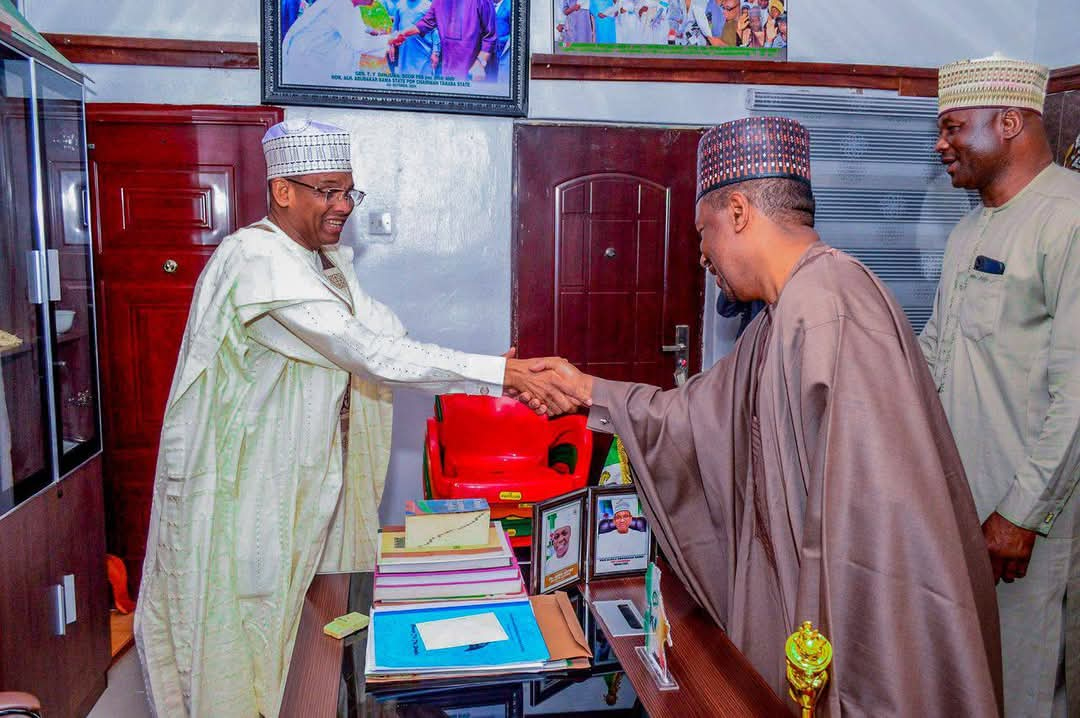
…hails emergence of Bawa as state chairman
The Senator representing Taraba Central Senatorial District Senator Manu Haruna on Sunday donated five operational vehicles to Taraba Peoples Democratic Party, PDP to enhance its operations.
Manu also seized the opportunity to congratulate the state Chairman, Hon Abubakar Bawa when he visited the secretariat in Jalingo last Sunday.
The former State Deputy Governor expressed his congratulations to Chairman Bawa and the state working committee for their election, emphasizing the importance of unity and progress within the party. He commended their commitment to strengthening the People’s Democratic Party (PDP) in Taraba State.
In a generous move to enhance the operational capacity of the party at the grassroots level, Senator Manu donated five vehicles — one for each Local Government Area (LGA) party chapter in Taraba Central.
This donation is intended to facilitate better coordination and outreach efforts within the party.
Senator Manu praised Hon. Abubakar Bawa for his dedicated efforts to elevate the PDP in the state, asserting that Taraba will always remain a stronghold for the party.
In response, State Party Chairman Alhaji Bawa expressed his heartfelt gratitude to Senator Manu for his thoughtful visit and generous donation. He acknowledged the impact of such contributions on the party’s progress and reemphasized the commitment of the PDP to serve the interests of the people in Taraba State.
News
Justice Minister, Fagbemi seeks support for govt’s national law reform initiative
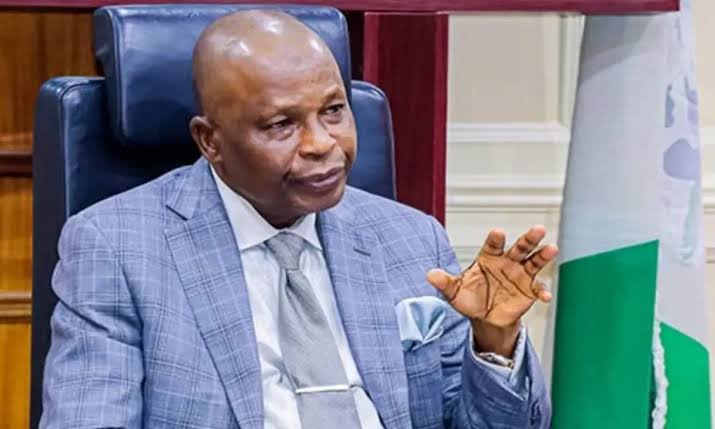
By Francesca Hangeior
The Attorney General of the Federation and Minister of Justice, AGF, Prince Lateef Fagbemi, SAN, has canvassed for greater efforts and commitments to the Federal Government’s aspirations to produce a workable legal framework for the country.
He charged the Committee put in place by the federal government to review, revise and consolidate the Laws of the Federation of Nigeria, LFN, to double the efforts and commitments to deliver on the mandate at the appointed time.
Fagbemi, a Senior Advocate of Nigeria, spoke on Monday in Abuja at the second retreat of the Committee put in place in October last year for the laws of the federation revision and reform.
The AGF while challenging the committee to be up and doing asked the members to remain united in purpose and steadfast in the resolve to produce a legal framework that is worthy of the nation’s aspirations.
He said the second retreat organized by the federal government was a strategic consolidation of the national law reform efforts and to provide an invaluable opportunity to come up with a better workable legal framework for the nation.
“Let me start by expressing gratitude to the Chairman, Co-Chairperson and members of the Committee for their selfless service and sacrifice, to ensure that this project is executed efficiently and effectively.
“The call to be part of this assignment is indeed a sacred that inevitably and positively affects the lives of individuals, government, businesses as well as citizens of this nation.
“The general purpose of law is to regulate human behavior by protecting lives and properties in society. The inauguration of the Committee on the 24th October, 2024 marked a historic milestone in our collective efforts to modernize, consolidate, and harmonize Nigeria’s body of federal statutes.
“The retreat successfully provides a clear framework for the structure and methodology of the revision exercise, oriented the 14 Working Groups tasked with reviewing specific legal subject areas, and fostered collaboration among key institutions and stakeholders on the project.
“Following the initial retreat, I wish to note that the Committee has recorded steady progress in its work.
“The Ministry has taken several measures to ensure that the assignment is delivered efficiently, including:training sessions for secretaries of the working groups to enhance documentation and coordination; technical meetings of the main committee and its various sub-committees; working sessions and deliberations among editors and reviewers; and ongoing technical collation of revised laws by the Secretariat.
“This second retreat is a strategic consolidation of our national law reform efforts and provides an invaluable opportunity to: review progress made since the first phase;
address any technical or structural challenges encountered during the collation process;
– Harmonize the output across working groups; and set the tone for the final stages of this important project.
“The next stage of the law review and consolidation process would include editing and proofreading the reviewed legislation, ahead of the final collation, production and printing of the laws of the federation.
“It is my conviction that these phases will be executed with even greater commitment by the Committee, with the support of stakeholders and development partners.
“I wish to commend the leadership of the LFN Committee, the Secretariat for its diligent coordination and day-to-day management as well as the Working Groups, Editors, and Reviewers, for their intellectual rigour and professionalism.
“Special gratitude to our development partners, particularly RoLAC, for standing firmly behind this national project.
“Let me urge all participants to use this retreat as a platform for robust engagement, peer learning, and practical collaboration.
“We must remain united in purpose and steadfast in our resolve to produce a legal framework that is worthy of our nation’s aspirations.
” I wish to express gratitude for your commitment to duty and I charge you to work in synergy and cooperation, in the overall interest of the nation”, the AGF said.
News
You must refund N300m, Rivers State tells NBA
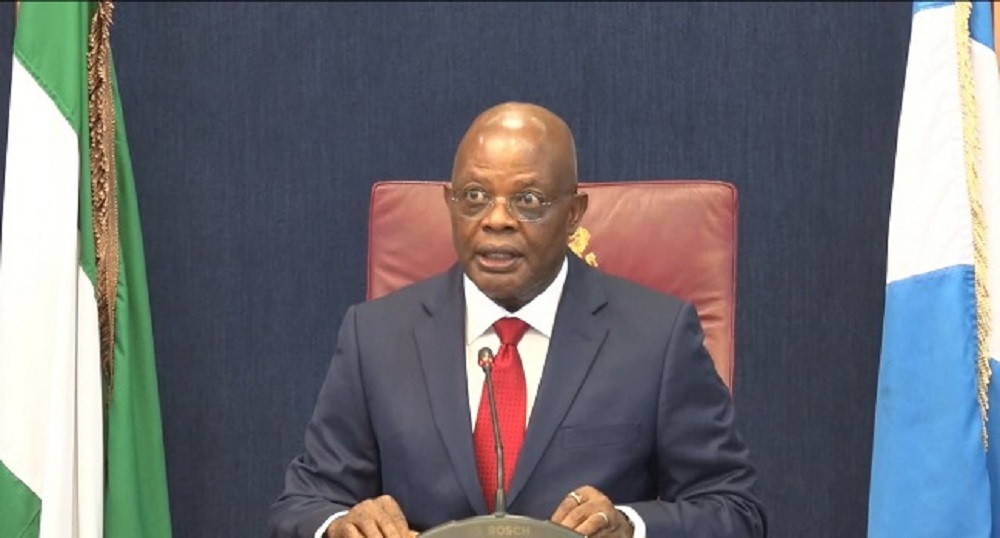
The Rivers State Sole Administrator, Vice Admiral Ibok-Ete Ibas (retd.), has replied to the Nigerian Bar Association regarding the reason for relocating its Annual General Conference from Port Harcourt to Enugu State.
Ibas faulted the reason cited by the NBA, describing it as misleading and uncharitable.
The Sole Administrator stated this in a statement issued in Port Harcourt on Monday by his media aide, Hector Igbikiowubo, and sent to newsmen.
He said while the NBA reserves the right to choose a venue for its conference, the association had yet to address the issue of the refund of the hosting rights paid by the state government for the conference.
The statement partly reads, “While we respect the NBA’s right to choose its conference venues, we find it curious that the association—despite its “principled position”— didn’t address the refund of the N300 million already paid by the Rivers State Government for the hosting rights of the 2025 conference.
“If the NBA truly stands on principle, it should demonstrate the same integrity by promptly returning these funds rather than benefiting from a state it now publicly discredits.”
It added, “The attention of the Rivers State Government has been drawn to the Nigeria Bar Association’s announcement dated 10th April 2025, relocating its 2025 Annual General Conference from Port Harcourt to Enugu.
The statement partly reads, “While we respect the NBA’s right to choose its conference venues, we find it curious that the association—despite its “principled position”— didn’t address the refund of the N300 million already paid by the Rivers State Government for the hosting rights of the 2025 conference.
“If the NBA truly stands on principle, it should demonstrate the same integrity by promptly returning these funds rather than benefiting from a state it now publicly discredits.”
It added, “The attention of the Rivers State Government has been drawn to the Nigeria Bar Association’s announcement dated 10th April 2025, relocating its 2025 Annual General Conference from Port Harcourt to Enugu.
-

 News22 hours ago
News22 hours agoAutonomy: 774 LGs challenge FG, states in court Tuesday
-
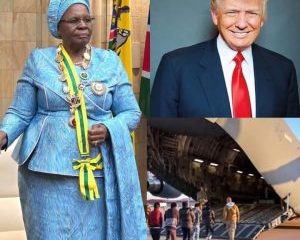
 News15 hours ago
News15 hours agoJust in: Namibia Moves to Deport Over 500 Americans in Bold Visa Policy Shift
-

 News15 hours ago
News15 hours agoRivers women rally in support of state of emergency
-

 News10 hours ago
News10 hours agoYou must refund N300m, Rivers State tells NBA
-
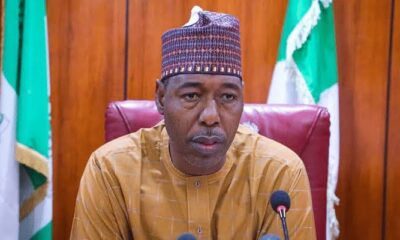
 News21 hours ago
News21 hours agoZulum orders arrest, offers house, scholarship to abused boy in viral video
-

 Politics13 hours ago
Politics13 hours agoBwala accuses Senator Ndume of plans to defect from APC
-
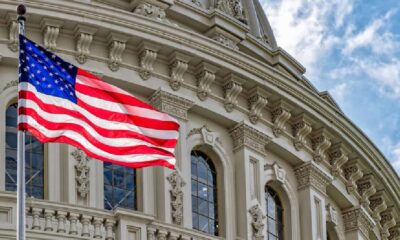
 Foreign10 hours ago
Foreign10 hours agoUS orders 30-day registration for all foreign nationals or face jail, deportation
-

 News23 hours ago
News23 hours agoNANS criticize NASS over proposed bill to fine, jail non voters













